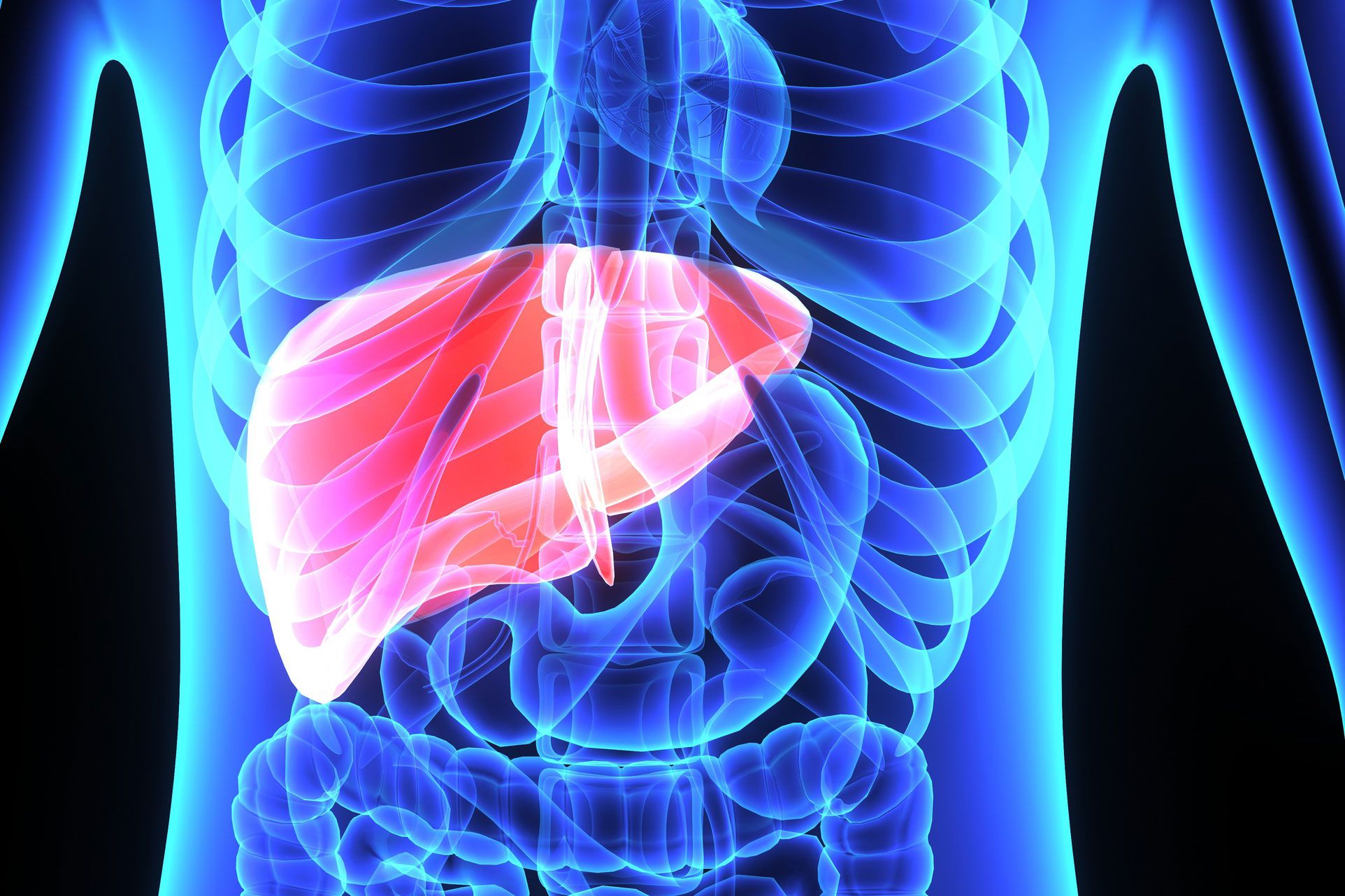
(Vienna, 7 October 2016) Up to 30% of Austrians suffer from fatty liver disease. Fatty liver has become a national disease, caused by the usual risk factors that characterise our lifestyle in industrialised countries: being overweight, not doing enough exercise and eating an unhealthy diet with too much sugar. Liver cancer can easily develop in a fatty liver. An international research group led by Richard Moriggl of the Ludwig Boltzmann Institute for Cancer Research has shown that the fatty liver model displays a high level of oxidative stress and forms liver tumours relatively quickly. Using a genetic trick, the researchers managed to reduce oxidative stress in fatty liver.
Liver damage is often linked with alcohol consumption and viral infections. However, even if they don't drink alcohol, the majority of overweight people exhibit liver damage. So-called non-alcoholic fatty liver is by far the most prevalent liver disease. During the first few years, fatty liver is asymptomatic and is very difficult for a doctor to identify. However, as time goes on, it takes its toll on a person's well-being and ultimately sufferers face the threat of liver cancer or a liver transplant. According to estimates, more than 30% of the Austrian population suffer from fatty liver, and this is a rising trend.
The research team led by Richard Moriggl (Director of the Ludwig Boltzmann Institute for Cancer Research and Professor of Functional Cancer Genomics, a joint appointment at the Medical University of Vienna and the University of Veterinary Medicine Vienna) has now discovered that oxidative stress could be a starting point for new treatments and the team's results have been published in the renowned journal "Scientific Reports".
Oxidative stress refers to a condition, in which highly reactive molecules are formed in the cell and then react with cell components in an uncontrolled way, potentially causing mutations. These highly reactive molecules are known as free radicals, because these chemical compounds possess a free electron that is particularly aggressive in its search for chemical reactants. Special compounds are present in the cell to capture free radicals and protect against damage from them. If there are insufficient of these antioxidants or if too many free radicals are produced in the cellular metabolism, then this is called oxidative stress.
Working together with an international research team, Richard Moriggl realised that the fatty liver model displays a high level of oxidative stress and forms liver tumours relatively quickly. Using a genetic trick, the researchers managed to reduced the oxidative stress in fatty liver. "We have established that, in the absence of oxidative stress, fatty livers form significantly fewer tumours and do so more slowly," says Moriggl. For many years now, Moriggl has been researching signalling pathways that switch on the family of STAT transcription factors. In the liver, growth hormone activates STAT5. If this molecule is genetically removed, this gives rise to a fatty liver that very quickly goes on to form liver tumours. The researchers were able to establish that the STAT signals also trigger the production of the enzyme Glutathione S-Transferase (GST), which plays a role in the detoxification of cells. If the signal is absent in the tumours, this also slows down detoxification and results in oxidative stress. Although we do not yet know what links the signals of growth hormone and GST, this might not matter for therapeutic purposes. There are many ways of influencing oxidative stress with drugs," explains Moriggl. In the publication, the researchers use RNA interference and the licensed drug Ruxolitinib to restore detoxification by GST. "The significant progress that we have made is that we have now demonstrated how to uncouple the development of liver cancer from fatty liver. Reducing oxidative stress in patients with fatty liver disease is obviously a viable way of reducing the risk of liver cancer," says Moriggl.
Service: Scientific Reports
Hepatic Deletion of Janus Kinase 2 Counteracts Oxidative Stress in Mice Madeleine Themanns, Kristina M. Mueller, Sonja M. Kessler, Nicole Golob-Schwarzl, Thomas Mohr, Doris Kaltenecker, Jerome Bourgeais, Jamile Paier-Pourani, Katrin Friedbichler, Doris Schneller, Michaela Schlederer, Eva Zebedin-Brandl, Luigi M. Terracciano, Xiaonan Han, Lukas Kenner, Kay-Uwe Wagner, Wolfgang Mikulits, Andrey V. Kozlov, Markus H. Heim, Fabrice Gouilleux, Johannes Haybaeck, and Richard Moriggl.